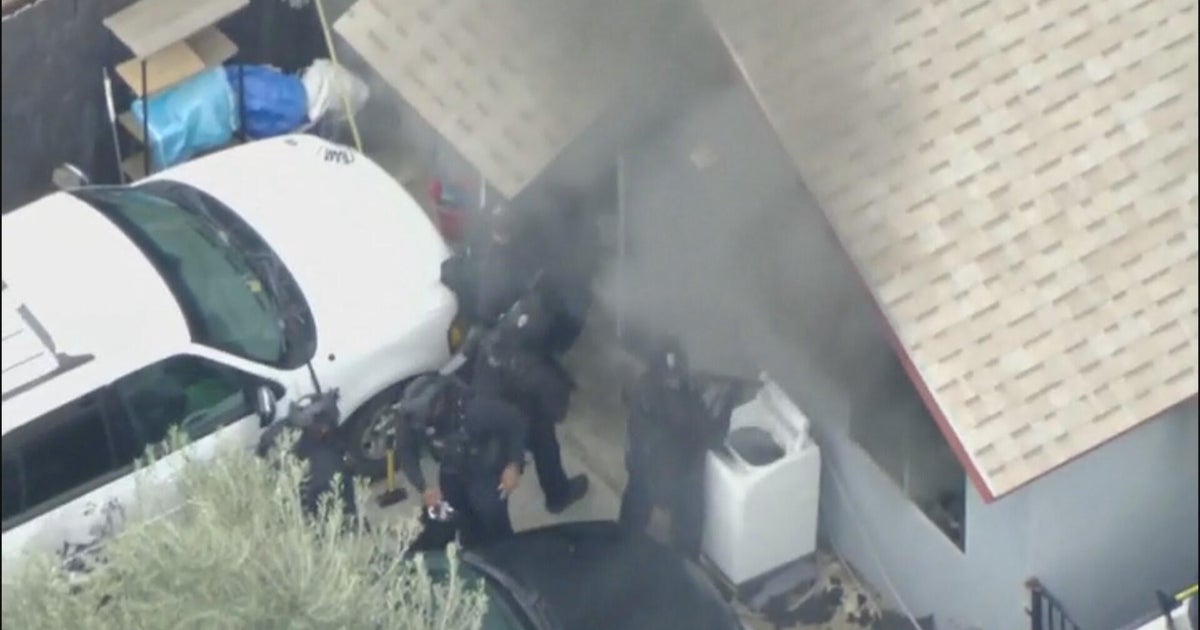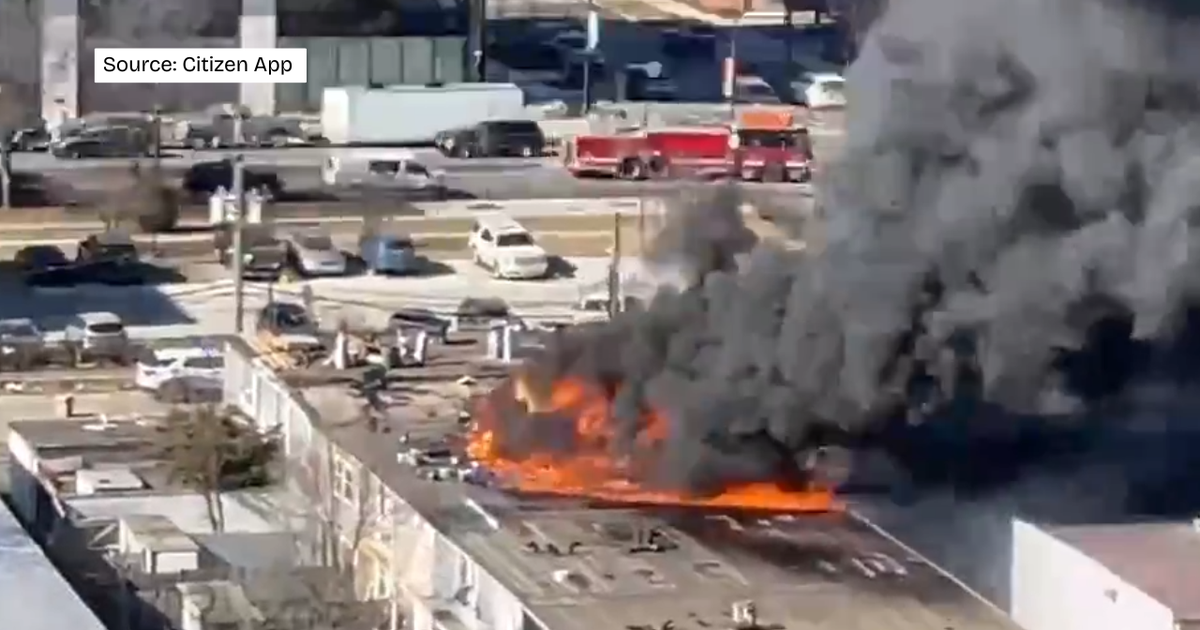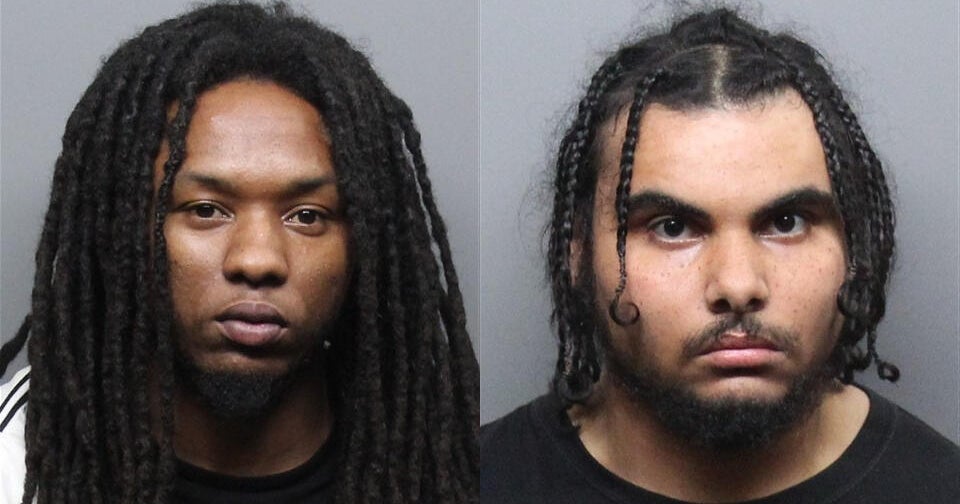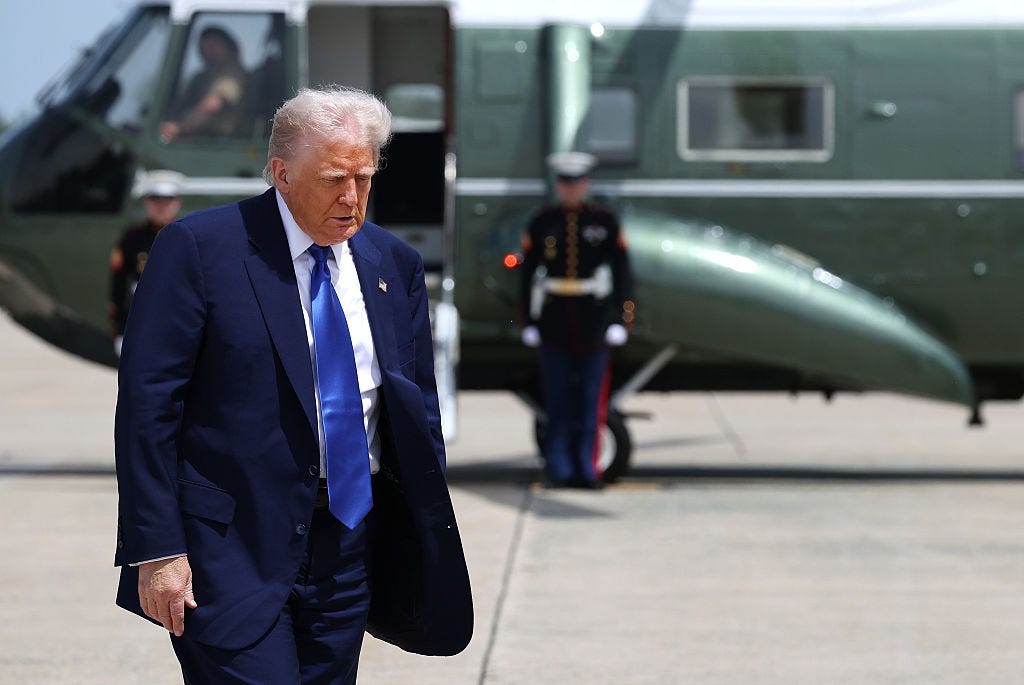North Korea fires 3 suspected ballistic missiles as U.S. pushes U.N. for more sanctions against Kim regime
Seoul, South Korea — North Korea fired several suspected ballistic missiles toward the sea on Thursday, according to South Korea. They are the latest in a series of weapons tests this year and came just hours after the Kim Jong Un regime confirmed its very first case of the coronavirus.
A statement from South Korea's Joint Chiefs of Staff said the military had detected three short-range ballistic missiles had been fired from the Sunan area of Pyongyang into the East Sea. CBS News' Jen Kwon in Seoul said the tests were atypical: North Korea normally launches its missiles in the morning, but Thursday's launches took place in rapid succession late in the afternoon.
Earlier Thursday, North Korean state media confirmed the country's first COVID-19 infections as leader Kim Jong Un ordered nationwide lockdowns to slow the spread of the virus. Kim also ordered officials to bolster the country's defense posture to avoid what was described as a potential security vacuum.
But CBS News senior foreign correspondent Elizabeth Palmer says it's not security likely to be worrying millions of North Koreans: Getting enough to eat will be their primary concern if there are widespread lockdowns. Restricted movement or industrial closures could get in the way of crucial spring crop planting in the country. Already North Korea's state-run news service is reporting food shortages, and several regions facing drought.
North Korea is one of the only countries in the world not to have vaccinated any of its population against COVID-19. In spite of having a poor health system, it has repeatedly turned down offers of vaccine through the United Nations' COVAX program.
A surge in infection could be lethal, especially for the elderly and vulnerable in the country.
But news of the coronavirus outbreak wasn't enough to derail Thursday's missile launches, which, by the Biden administration's count, will bring the total number of weapons tested by North Korea this year to 20. That includes the North's first test of an intercontinental ballistic missile since 2017.
There are also signs that the North is preparing to conduct its first nuclear test in five years at the Punggye-ri test site in the country's northeast.
Analysts believe the weapons tests are part of a genuine military program to build up and refine Kim's arsenal, so he and his country will never be attacked.
On Tuesday, South Korea's new conservative President Yoon Suk Yeol was sworn in. He is widely expected to take a tougher stance than his predecessor in the standoff with North Korea, but hinted in his inauguration speech that he would try to lure Kim back to the negotiating table by offering an "audacious plan" to "vastly strengthen North Korea's economy."
In New York, meanwhile, the United Nations Security Council met to discuss the nuclear standoff with Pyongyang Wednesday in an emergency meeting called by the U.S. The Biden administration's ambassador made it clear that Washington would try to up the ante by piling more sanctions on Kim's already-isolated regime.
CBS News correspondent Pamela Falk said U.S. Ambassador to the U.N. Linda Thomas-Greenfield condemned the North for carrying out what she said had been 17 ballistic missile launches this year alone — before Thursday's tests.
"At least three were intercontinental ballistic missiles; one was an intermediate range ballistic missile; two were so-called hypersonic weapons; and two were described as a new type of missile for tactical nuclear weapons," Thomas-Greenfield said, adding that the U.S. believes North Korea is currently "reconstructing its nuclear testing site in preparation for a seventh nuclear test."
The U.N. delegation from China, North Korea's most valuable international ally, called for bilateral talks to resume between the Kim regime and the U.S., Falk said, and on the way out of the meeting, Chinese Ambassador Zhang Jun said: "the more sanctions, the more suffering," indicating that his country would block a resolution being drafted by the U.S. to impose further sanctions on the North.



